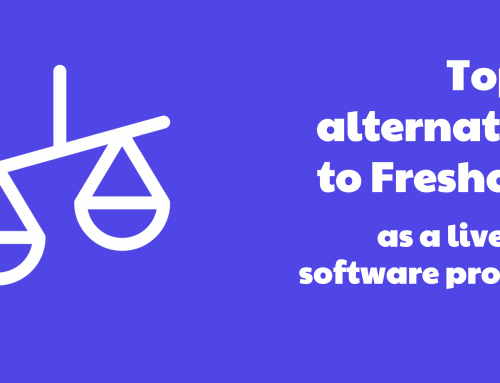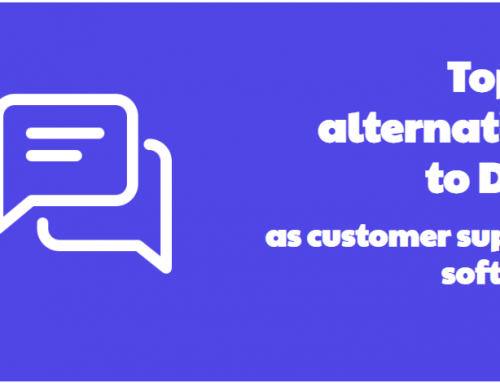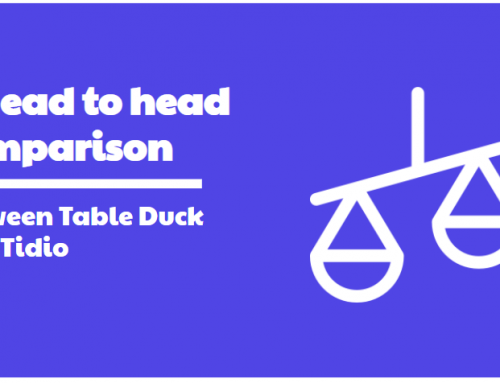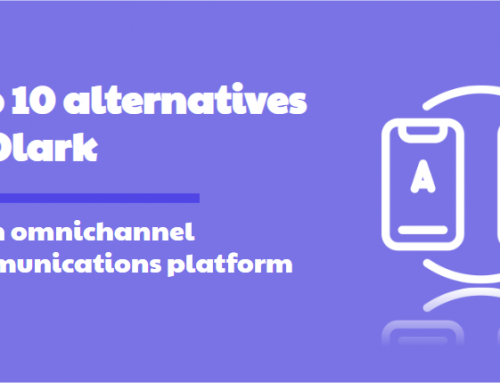Table Duck as an alternative for Intercom
In this blog post we will explain the differences between Table and Intercom and show how Table Duck can be a great alternative to Intercom for small businesses.
Customer messaging platforms like Table Duck and Intercom are booming. These types of platforms help companies to manage all their customer communications.
Over the last years many of these customer messaging platforms like Table Duck and Intercom popped up. But what exactly is it? Why is it important to your company? And more importantly what are the differences and which customer messaging platform fits best with your business needs?
What does a customer messaging platform do for my company?
Let’s start with what a customer messaging platform like Table Duck or Intercom does. In essence, there are a few things that every customer messaging platform does.
A customer messaging platform combines different messaging channels into one, combined inbox. With messaging channels, you can think of live chat, email or social messaging channels like Facebook Messenger or Instagram DM. By having all these channels into one, unified inbox, it’s easier and faster for a company to communicate with and reply to customers.
Such a messaging platform also offers a live chat feature for your website. A live chat widget is easy to install and fully customizable to your brand. Adding a live chat functionality to a website, gives website visitors an easy way to send a message and ask questions to your company. A live chat widget increases conversion rates of a website and turns website visitors into leads and buying customers.
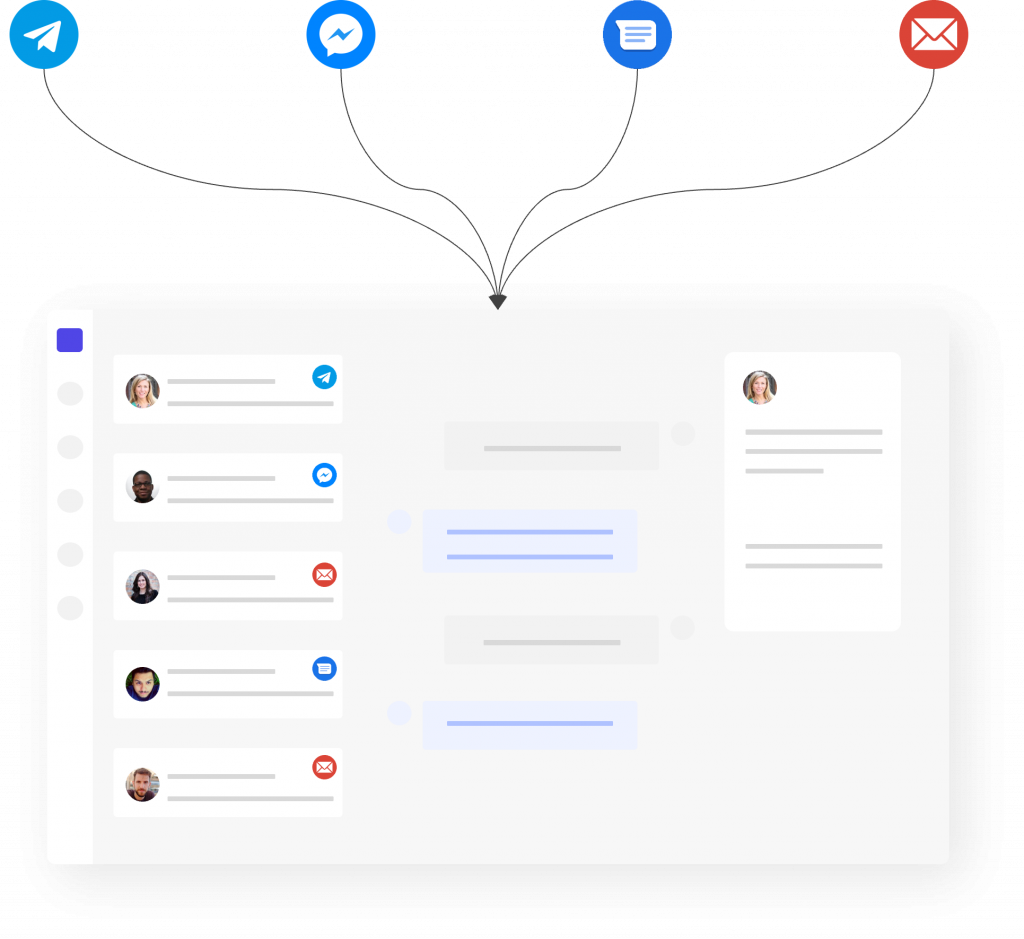
Some customer messaging platforms like Table Duck or Intercom also provide automation with chatbots. These chatbots can answer questions that are frequently asked like “What are your opening hours?” if you’re running a retail store or “Where’s my package?” for an eCommerce webshop.
Automation and chatbots saves a company owner time because you don’t have to answer a question yourself. It also increases customer satisfaction because a chatbot can reply instantly, 24/7, 365 days a year.
When looking at a chatbot, there are two types of chatbots in customer messaging platforms like Table Duck or Intercom. The first type of chatbots are scripted chatbots. These are chatbots that are easy to set up, but they are not really providing a great experience for customers. The second type of chatbots are non-scripted chatbots. These type of chatbots use artificial intelligence and Conversational AI to answer questions and are more human in their replies. To learn more, have a look at a video we’ve made about this topic: the difference between scripted vs non-scripted chatbots.
Why is having a customer messaging platform so important?
Having a customer messaging platform basically comes down to better and more efficient communication with customers as a company. Better customer communication increases customer satisfaction scores. It makes customer and potential customers happier when you communicate and reply quickly, in the messaging channel that the customer prefers. Ultimately, happy customers lead to more valuable customers, they simply buy more from your business. Finally, happy customers also bring in new customers through worth of mouth.
Differences between Table Duck and Intercom
We discussed what a customer messaging platform is and why it is important. Now let’s zoom in to the differences between platforms and why Table Duck is an Intercom alternative.
First, we’ll start off by analyzing Intercom, then we compare it with Table Duck to show how it’s an alternative to Intercom. We’ll make the comparison around features and pricing.
Feature comparison Table Duck vs Intercom
| Table Duck | Intercom | |
|---|---|---|
| One inbox for all channels | V | V |
| Live chat | V | V |
| Chatbot | Non-scripted, Conversational AI powered chatbots | Scripted, flowbots |
| Customer data platform | v | V |
| Campaign builder | – | V |
As you can see, both platforms are comparable. Intercom has more features like the campaign builder, whereas Table Duck focusses more on automation and artificial intelligence driven chatbots.
In terms of features, Table Duck is an alternative to Intercom. Now let’s look at pricing.
Pricing comparison Table Duck vs Intercom
| Table Duck | Intercom | |
|---|---|---|
| Free plan | V | ? |
| Price per agent | $ 9 – $ 12 depending on features | ? |
| Chatbot | Included in subscription | ? |
When comparing pricing between Table Duck and Intercom, Table Duck as a transparent pricing model as an alternative to Intercom. Unfortunately, Intercom doesn’t show pricing on their website so that is a bit of guessing. A Google search shows that Intercom pricing start at around $ 59 per month per agent. This means that Table Duck is cheaper per agent and has chatbots included in the subscription. However, Intercom has more features, suitable to larger companies. So, in essence Table Duck is the Intercom alternative for small businesses.
